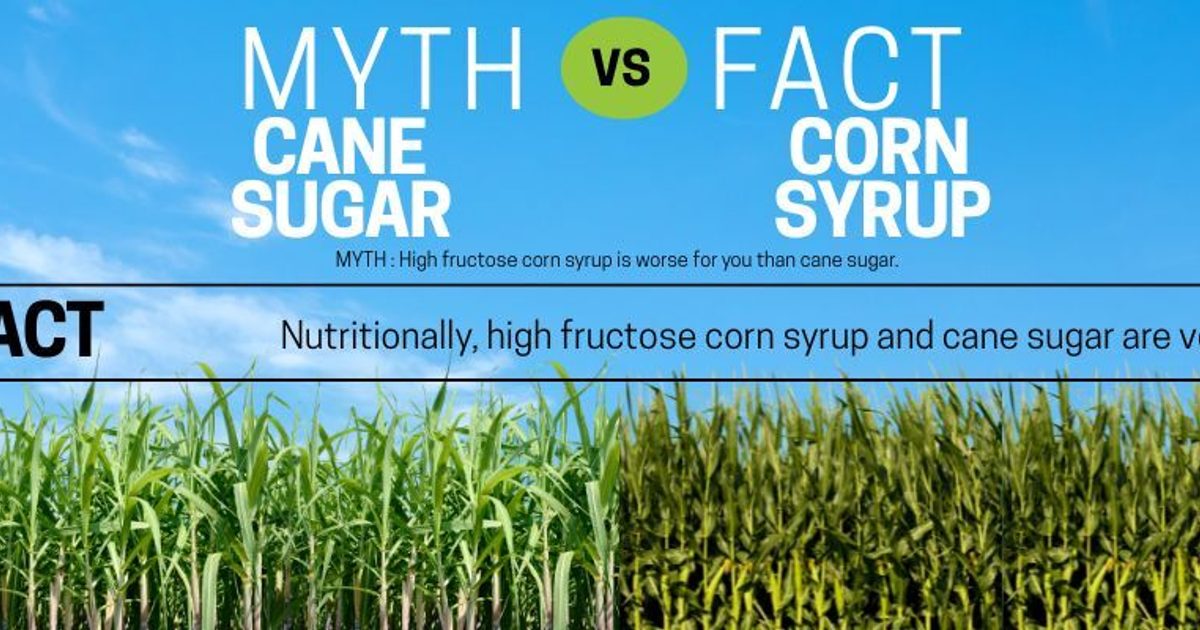High Fructose Corn Syrup: Setting the Record Straight on Health and Economic Impact

In recent years, high fructose corn syrup (HFCS) has become a dietary villain in the minds of some consumers, but science tells a different story. When examined objectively, HFCS is nutritionally equivalent to cane sugar, and eliminating it from the American food supply would have an economic impact on consumers and farmers alike without providing any meaningful health benefits.
The Science Behind HFCS Safety
The fundamental truth about high fructose corn syrup is that it's biochemically almost identical to cane sugar. Both sweeteners contain the same basic components—glucose and fructose—in similar proportions. The widely circulated claims that HFCS is uniquely harmful simply don't hold up under scientific scrutiny. When manufacturers reformulate products to remove HFCS in favor of cane sugar, they're essentially replacing one form of sugar with another that has virtually the same caloric content, glycemic impact, and metabolic effects.
Economic Consequences for American Consumers
The financial impact of eliminating HFCS would be widespread. HFCS exists in the marketplace precisely because it's more cost-effective than alternatives. Replacing it with imported cane would likely drive up manufacturing costs across the food industry.
Consumers would likely feel this impact in grocery aisles. Baked goods, soft drinks, condiments, cereals, and processed snacks would all become more expensive to produce. Even products where consumers might not expect to find sweeteners—yogurt, ketchup, salad dressings, and marinades—would likely experience price increases as manufacturers pass along higher ingredient costs.
Beyond pricing, HFCS serves important functional roles in food production that extend far beyond sweetness. It enhances texture, extends shelf life, and maintains moisture in products. Removing it would require extensive reformulation efforts, potentially reducing the availability of certain products or compromising their quality. Some manufacturers might eliminate specific product lines entirely rather than absorb the research and development costs associated with reformulation.
A Balanced Perspective
The campaign against high fructose corn syrup represents marketing trumping science. Eliminating HFCS wouldn't make American diets healthier—it would make food likely more expensive, potentially less accessible, and disrupt a stable domestic agricultural market without offering any meaningful nutritional benefit.
